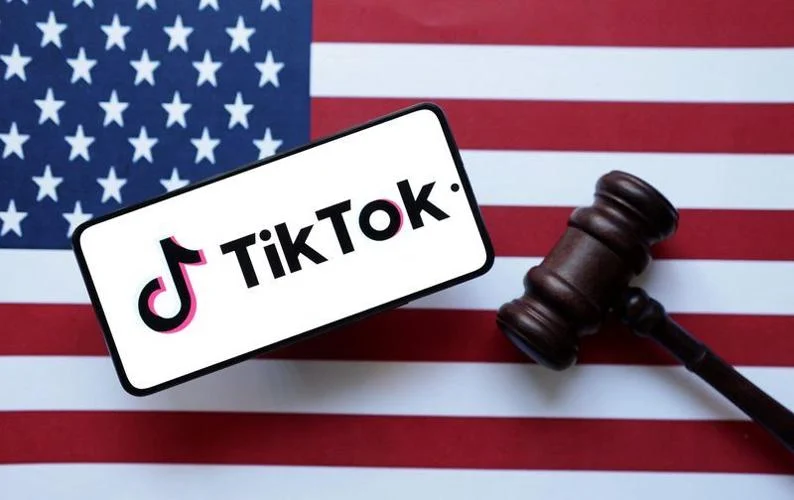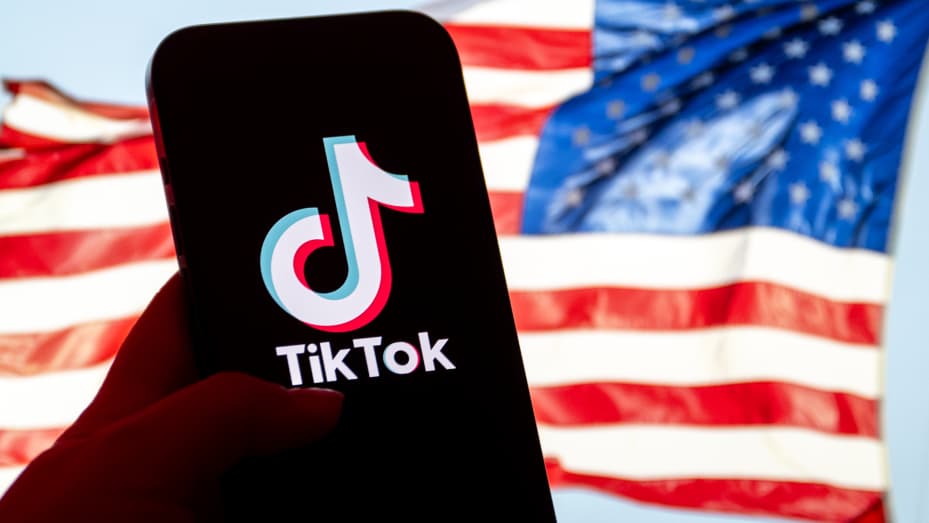A federal appeals court upheld a U.S. law on Friday requiring TikTok’s Chinese parent company, ByteDance, to sell its American operations by early next year or face an unprecedented ban. This decision, hailed as a national security victory by the Justice Department, marks a significant setback for ByteDance and intensifies the possibility of a TikTok ban in the United States—a platform used by 170 million Americans.

The ruling is likely to escalate to the Supreme Court, with TikTok arguing that such a law violates the First Amendment. The American Civil Liberties Union (ACLU) also criticized the decision, calling it a dangerous precedent for free speech. “Banning TikTok blatantly violates the First Amendment rights of millions of Americans who use this app to express themselves and communicate with people around the world,” said Patrick Toomey, deputy director of the ACLU’s National Security Project.
TikTok expressed optimism that the Supreme Court would overturn the appeals court’s decision, stating, “The Supreme Court has a historical record of protecting Americans’ free speech, and we expect they will uphold this fundamental right.”
The court’s decision aligns with bipartisan efforts to address what it called a “well-substantiated national security threat posed by the People’s Republic of China.” The ruling highlighted concerns that ByteDance, through its relationship with the Chinese government, could manipulate public discourse in the U.S. or exploit user data for espionage.

Attorney General Merrick Garland described the ruling as a critical step to prevent China from using TikTok to “collect sensitive information about millions of Americans, covertly manipulate content, and undermine national security.”
The law requires ByteDance to divest TikTok’s U.S. assets by January 19, 2025, unless an extension is granted by President Joe Biden. However, such an extension would require ByteDance to demonstrate significant progress toward divestiture, an outcome considered unlikely.
If upheld, the ruling would empower the U.S. government to ban TikTok from app stores such as Apple’s App Store and Google’s Play Store and bar internet providers from hosting TikTok’s services. Shares of Meta Platforms, a competitor to TikTok, surged following the announcement, reflecting potential advertiser migration if TikTok is banned. Alphabet, Google’s parent company, also saw a slight increase in its stock price.
ByteDance has consistently denied allegations of sharing or being compelled to share U.S. user data with the Chinese government. The company has labeled the national security concerns as speculative and has vowed to continue fighting the law.

The appeals court panel, comprising judges appointed by Presidents Ronald Reagan, Barack Obama, and Donald Trump, unanimously upheld the law. They emphasized that Congress and successive administrations from both parties viewed divestiture as essential to safeguarding U.S. national security.
President-elect Donald Trump, who takes office on January 20, 2025, has previously voiced support for banning TikTok but has not confirmed whether he will enforce the ruling. The impending deadline places TikTok’s future in the hands of two administrations, raising questions about whether ByteDance can comply in time to avoid a ban.
TikTok, one of the most popular social media platforms in the world, faces significant challenges ahead. With 170 million American users, the app has become a hub for creative content and global communication. However, its Chinese ownership has fueled bipartisan concerns about surveillance and influence campaigns, underscoring the growing tension between Washington and Beijing over technology and data security.



